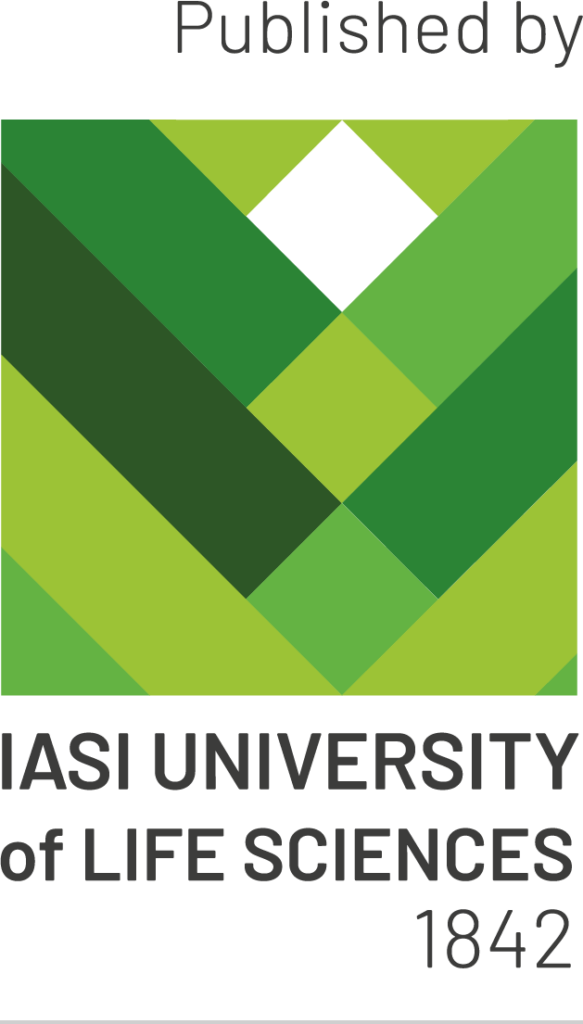Kofi Adu-Boahen
ABSTRACT. The integration of ES into global policies represents a significant step towards harmonising sustainability and growth and unifying dialogues on biodiversity and sustainable development to benefit humanity. Consistent assessment of the availability of ES is vital to enable ongoing monitoring and support sustainable natural resource management and decision-making. This study was conducted to comparatively analyse the ecosystem service delivery between two coastal lagoons in Ghana. The Millennium Ecosystem Assessment (MEA) and Marine Ecosystem Services Assessment Tool (MESAT) scales were used in the study. The paper was based on the positivist paradigm and employed inferential statistics with SPSS v23 for data analysis. The results indicate no statistical differences between the Fosu and Muni lagoons in terms of their ecosystem service delivery; the null hypothesis is accepted for the two ecosystem service scales used and confirms that Fosu and the Muni Lagoons are similar in their deliveries of ecosystem services. The relationship between ES and human well-being is complex due to the interplay between social and ecological systems. To address coastal issues and develop management plans, the study proposes using MESAT and MEA for evaluation and solution provisioning. It further recommends expanding stakeholder and decision-maker involvement in lagoon management to promote sustainability and enhance stakeholder participation in decision-making.
Keywords: cultural services; Muni and Fosu Lagoons; provisioning services; regulatory services; social-ecological system; supporting services.



